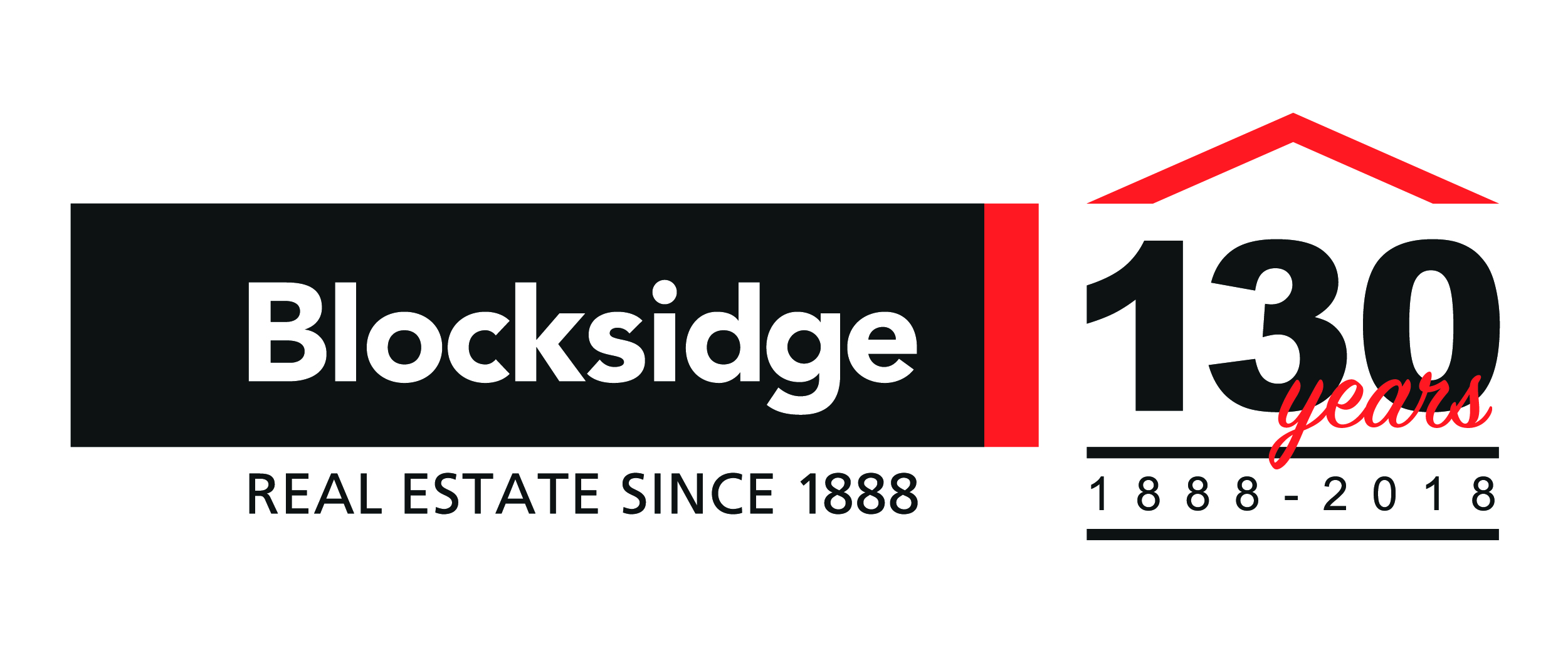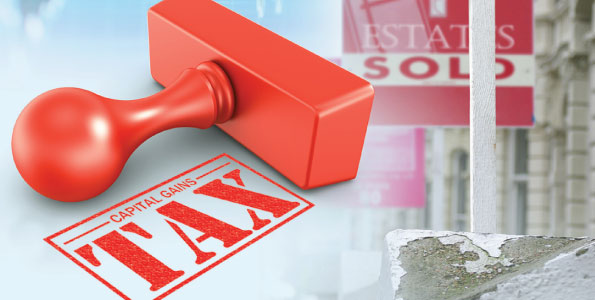What is Capital Gains Tax?
Capital gains tax needs to be understood by every property investor and/or buyer. It is commonly a thorn in almost every investors’ side. It’s a thorn because it’s a tax that means the government takes a cut of any profit we make from our investments. However, the upside is that people can also claim tax concessions for capital losses.
So what is it? Put simply, capital gains tax (CGT) is a tax levied on the profits you make when you dispose of an asset. Disposing of an asset includes selling your house or apartment, so property investors should pay attention. CGT is applicable in the financial year that the asset is sold. For property, the date of the actual contract is the purchase or sale date for capital gains purposes, not the settlement date.
Capital gains tax is confusing as there is no set rate that its charged at. Instead CGT is calculated using a number of variables (see below).
Be aware that any profit made on the sale of a CGT asset is included in your assessable income in the financial year that you sell the asset. So don’t forget to tell your accountant when doing your tax return!
How is it calculated?
There are a number of ways it can be calculated. To find out which applies best to your situation and asset have a look at the ATO’s CGT page.
As a rough guide, CGT can be calculated by –
- Firstly, add the purchase price of the asset to all of the associated costs of owning the asset to get your cost base.

Note: ensure you deduct any incentives you’ve received for buying/holding the property, e.g. First Home Owner’s Grant and any depreciation you’ve claimed. Holding costs include rates, land tax, maintenance, home loan interest, insurance, etc. Incidental costs include stamp duty, legal fees, agent fees etc.
- Secondly, you work out the net sale price.

- Thirdly, you can calculate your capital gain (sometimes loss).

- Once you have calculated your Capital Gain, the figure is adjusted according to a number of variables (the ATO website lists these). These variables include –
- The time you’ve owned the asset
- Your assessable income
- The figure that you’re left with will be included in your taxable income and taxed at your marginal rate.

Is there a way to avoid CGT?
There is one situation where you can avoid capital gains tax. Depending on your circumstances, if you purchased the asset on or after 20 September 1985 then you may be eligible for a full exemption.
Alternatively, if the property that you’re selling is your principal place of residence then you can also avoid paying CGT. Visit the ATO site and read up on the eligibility requirements to check if you qualify.
A partial exemption exists for assets held for over 12 months. This partial exemption gives a 50% discount, so the tax you pay is lessened.
What if you’ve made a Capital Loss?
A capital loss occurs when you’ve sold your asset for less than your cost base. There are opportunities to offset a capital loss against any capital gains. However, you can’t deduct capital losses from taxable income. You can carry capital losses forward to offset them against capital gains made in the future.
Summary
Capital gains tax is a complex area of Australian taxation law. If you are unsure about what CGT will mean for you please seek advice from your accountant, financial advisor or the ATO for full details regarding your personal situation.



